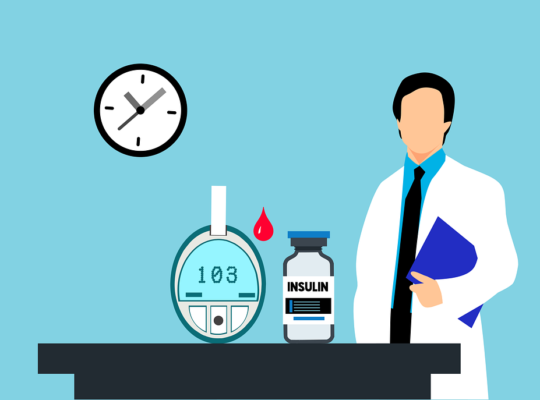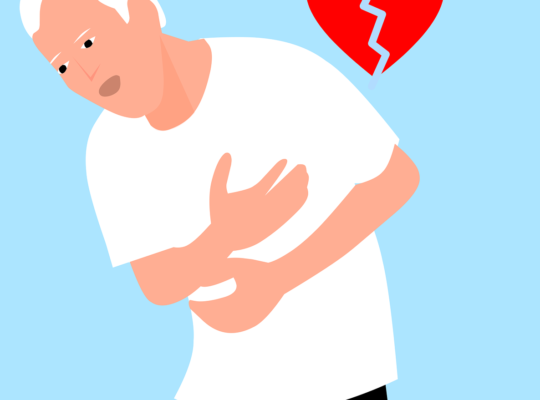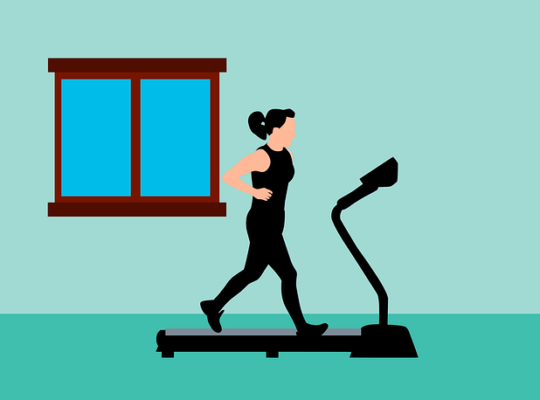
Mental health challenges affect a vast number of people globally. According to the World Health Organization, around 1 in 4 individuals will be impacted by mental health issues at some point in their lives. With rising awareness of mental well-being, many seek preventive approaches. Physical fitness stands out as a powerful tool for enhancing mental health, proving that our bodies and minds are deeply connected. This article will explore the essential role of physical fitness in improving and maintaining mental wellness.
The Brain-Body Connection: Understanding the Science
The Neurochemical Effect of Exercise
Exercise does more than just help with weight management; it significantly affects our brain chemistry. When we engage in physical activity, our body releases neurotransmitters like serotonin, dopamine, and endorphins. These chemicals play a vital role in regulating our mood. According to a study published in the Journal of Clinical Psychiatry, regular exercise can reduce symptoms of depression and anxiety by increasing serotonin levels.
Stress Reduction and Physical Activity
One of the most significant benefits of exercise is its ability to reduce stress. Physical activity lowers levels of cortisol, the body’s primary stress hormone. Activities such as jogging, swimming, or dancing can be effective stress management techniques. For instance, participants in a study at Harvard University reported feeling less anxious after a moderate workout. This shows that incorporating physical activities into daily routines can help individuals better handle life’s stresses.
Improved Sleep Quality Through Fitness
Quality sleep is crucial for mental health. Regular exercise not only helps you fall asleep faster but also enhances sleep quality. According to expert Dr. Matthew Walker, a neuroscientist and sleep expert, physical activity leads to deeper sleep stages, which are essential for mental restoration. Establishing a workout routine can be an effective way to promote better sleep, ultimately benefiting mental health.
Fitness and Anxiety: Finding Relief Through Movement
Exercise as an Anxiety Management Tool
Exercise offers a natural way to manage anxiety symptoms. Activities like yoga, running, and weight training can effectively reduce anxiety levels. Research from the American Journal of Preventive Medicine found that individuals who engaged in regular physical activity experienced fewer anxiety symptoms.
Mindfulness in Movement
Mindfulness-based exercises, such as yoga and tai chi, can also be beneficial. These practices promote mental clarity and relaxation, helping to reduce anxiety. A study published in Health Psychology found that mindfulness practices can lead to significant reductions in anxiety, demonstrating how integrating mindfulness into fitness routines can have mental health benefits.
Building Resilience Through Physical Challenges
Engaging in physical challenges through exercise can build resilience and boost self-esteem. Overcoming obstacles, such as completing a marathon or mastering a new yoga pose, fosters a sense of achievement. For example, one woman overcame her anxiety by training for a triathlon, finding confidence and mental strength through physical fitness.
Combating Depression: The Power of Physical Activity
Exercise as an Antidepressant
Multiple studies have shown that exercise can be as effective as medication for treating mild to moderate depression. A landmark study in JAMA Psychiatry revealed that regular physical activity significantly reduced symptoms of depression in participants.
Social Connection and Group Fitness
Group fitness classes and team sports not only offer physical benefits but also cultivate social connections, which are vital in combating depression. Engaging with others in a positive setting can help create a supportive community that uplifts mental well-being.
Setting Realistic Fitness Goals for Mental Health
For those battling depression, setting achievable fitness goals can make a difference. Focus on small steps, such as walking for 10 minutes daily, and gradually increase intensity. Consistency offers a sense of control and achievement, enhancing mental health over time.
Boosting Cognitive Function Through Physical Fitness
Improved Memory and Focus
Exercise boosts brain plasticity, promoting better memory and concentration. A study from the University of British Columbia found that aerobic exercise increased the size of the hippocampus, the area of the brain responsible for memory and learning.
Enhanced Creativity and Problem-Solving
Physical activity can also stimulate creativity and improve problem-solving skills. When we exercise, blood flow to the brain increases, leading to heightened creativity. For example, many writers and artists find inspiration during walks or runs, utilizing this mental boost to enhance their work.
Neurogenesis and Exercise
Exercise sparks neurogenesis, the process of forming new brain cells. Dr. John Ratey, a clinical associate professor of psychiatry, states that “exercise is like fertilizer for the brain.” This process is crucial for cognitive health and emphasizes the importance of regular physical activity.
Practical Tips for Integrating Fitness into Your Mental Wellness Routine
Finding Activities You Enjoy
Choose physical activities that you love to ensure you stick with them long-term. Enjoyable exercises make it easier to integrate fitness into your life.
Gradual Progression and Consistency
Start slowly and gradually increase the duration and intensity of your workouts. This approach helps prevent burnout and promotes a sustainable fitness routine.
Seeking Professional Guidance
Before starting any new fitness regimen, consult healthcare professionals, especially if you have pre-existing conditions. They can provide tailored advice to fit your individual needs.
Conclusion
Physical fitness is a vital component of mental well-being. By understanding the brain-body connection and incorporating regular exercise into our lives, we can significantly improve our mood, manage anxiety and depression, and enhance cognitive function. Prioritize physical activity for a healthier mind and a happier life. Make that first step today, and see the difference it can make for your mental health.







